Garlic is an indispensable seasoning in daily life.
[People News] Recently, U.S. Republican Senator Rick Scott called on relevant American authorities to investigate imported "sewage garlic" from China. He cited reports that garlic produced in certain regions of China is grown in human sewage, later bleached, harvested under poor conditions, and often involves forced and child labor. Senator Scott emphasized that China has a troubling record of poor food safety standards and lack of transparency, along with documented use of forced labor in its supply chains. He urged a thorough investigation under Section 301 of the 1974 Trade Act, arguing that such "unfair and unethical" trade practices cause significant harm to American garlic farmers, domestic agricultural industries, and U.S. consumers while posing a threat to the nation’s economic security.
In response, Chinese Foreign Ministry spokesperson Mao Ning, deviating from the usual official rhetoric, remarked, "The lies and fallacies of certain U.S. politicians have become a laughingstock among Chinese netizens. Even garlic itself probably never imagined it could pose such a significant threat to the United States. From drones to cranes, refrigerators to garlic, more and more Chinese products are being labeled as 'national security risks' by the U.S." She went on to accuse the U.S. of fabricating evidence and reasons that do not stand up to scrutiny, describing the moves as a pretext to suppress China’s development and push for "decoupling and breaking supply chains." Mocking U.S. politicians, she said, "We advise some U.S. politicians to have more common sense and rationality to avoid becoming a laughingstock."
Regarding the issue of imported Chinese garlic, is it really as Mao Ning suggests, that "even garlic never dreamed it could pose a significant threat to the United States"? Is garlic truly only now being scrutinized? Has it really never posed a major threat to the U.S., and is it as innocent as claimed?
According to an article on the Ministry of Commerce of China’s WTO/FTA Advisory Network titled "Analysis of Trade Frictions Concerning Chinese Garlic," China, as the world's largest producer and exporter of garlic, has long faced scrutiny. Since Chinese garlic is often priced lower than locally produced garlic in export markets, the U.S. conducted an anti-dumping investigation on Chinese garlic as early as 1994, following a request from the U.S. Garlic Growers Association. At the time, the wholesale price of Chinese garlic was only a quarter of the price of U.S. garlic, leading the U.S. to impose an anti-dumping duty rate of 376.67% on Chinese garlic. This policy has been reviewed and extended multiple times—in 2001, 2006, 2012, 2017, and 2023—and remains in effect today.
Beyond the United States, countries such as Brazil, Canada, South Africa, and South Korea have also initiated anti-dumping investigations and imposed duties on Chinese garlic upon requests from their respective garlic growers' associations. Similarly, the European Union, India, and Thailand have implemented quota systems for Chinese garlic imports, imposing higher tariffs on amounts exceeding the quota. Between 2000 and 2019, China faced more than 80 anti-dumping investigations in various countries, with over 65 of these targeting garlic.
This historical record clearly indicates that garlic has not only recently come under scrutiny by importing countries. For 30 years, international anti-dumping investigations into garlic have been ongoing. The claim made by the Chinese Foreign Ministry spokesperson that "even garlic never dreamed it could pose a significant threat" is unfounded. In reality, garlic has consistently been subject to suspicion and investigation over the years. So why does Senator Rick Scott claim that Chinese garlic poses a "threat to (U.S.) national security"? And why have so many countries conducted anti-dumping investigations against Chinese garlic?
A 2010 article in China's International Business Daily titled "An Analysis of Sino-U.S. Agricultural Trade Frictions" sheds light on the issue: "Agricultural products are viewed by many countries as strategic commodities that form the foundation and lifeblood of their national economies. They play a critical role in maintaining social and political stability and have always received significant attention and protection from governments." This aligns with Scott's argument that foreign competition displacing domestic industries impacts the U.S. in ways such as job losses, reduced public revenue, investment losses, and other factors that weaken the national economy.
Additionally, chaotic and cutthroat competition among Chinese garlic exporters has driven garlic prices to extremely low levels. This not only results in minimal profits for Chinese exporters but also negatively impacts farmers and markets in importing countries, prompting many nations to impose anti-dumping measures and restrictions. Anti-dumping rules are a legitimate and reasonable mechanism under the WTO designed to protect the products and interests of importing countries and to reduce unfair competition.
Furthermore, Chinese garlic is fraught with risks in areas such as pesticide residues, product processing, packaging quality, transportation, and inspection and quarantine standards. Concerns about food safety, particularly regarding pesticide residues and the misuse of additives and preservatives, have made Chinese garlic a focus of attention in importing countries.
China’s record in this regard is troubling. For example: In 2008, Japan detected the fungicides procymidone and triadimefon in garlic imported from China. In the same year, Australia found mite eggs and live organisms in Chinese garlic imports. In 2015, South Korea’s agricultural management agency discovered excessive fumigation residue in a batch of garlic imported from Lanling, Shandong. In inspections conducted by the U.S. Food and Drug Administration (FDA), Chinese garlic was found to have pesticide residue levels exceeding permissible limits. Moreover, the practice of bleaching garlic with sulfur dioxide to enhance its appearance has raised concerns about its potential harm.
An article reprinted by Sina News on June 16, 2004, from Modern Express mentioned, "Don’t be fooled by how white some garlic bulbs appear; they’ve actually been tampered with. By adding special bleaching powders, the garlic bulbs are made to look especially bright and pristine." Following an undercover investigation by reporters, the Ningbo Municipal Bureau of Quality and Technical Supervision conducted a surprise inspection and found sodium benzoate levels in garlic exceeding legal limits by dozens of times. Additionally, unscrupulous vendors were discovered using "sodium hydrosulfite," a chemical strictly prohibited as a food additive, which can damage eyesight, liver, and digestive systems, and even cause cancer.
This is one of the key reasons why the U.S. has initiated investigations and imposed restrictions on garlic, the top Chinese agricultural export by volume. Furthermore, the U.S. House of Representatives has passed the 2025 National Defense Authorization Act, explicitly banning the sale of Chinese garlic in U.S. military stores.
With less than a month remaining before former President Donald Trump returns to the White House, it is worth noting that Trump stated during his campaign that he would impose tariffs exceeding 60% on Chinese goods. During his first term, tariffs on Chinese garlic were raised to 10% in 2018 and further increased to 25% during the U.S.-China trade war in 2019.
A new round of U.S.-China trade conflicts is set to unfold, and garlic is just one of the contested products. The Chinese government is well aware of this. Moreover, Senator Scott has called on the Department of Labor to include Chinese garlic in its biennial List of Goods Produced by Child Labor or Forced Labor. Ultimately, who will become the true "laughingstock" in this matter—China or the U.S.? Let us wait and see.
(Originally published by People News)

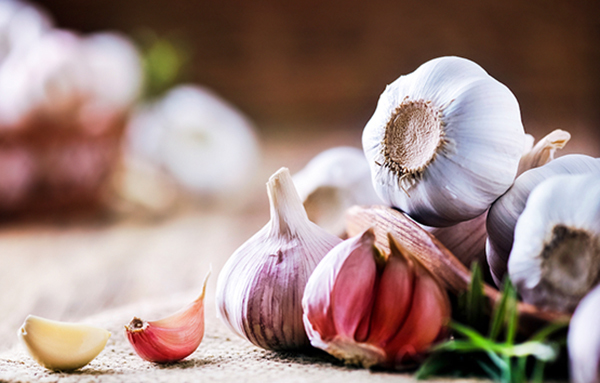

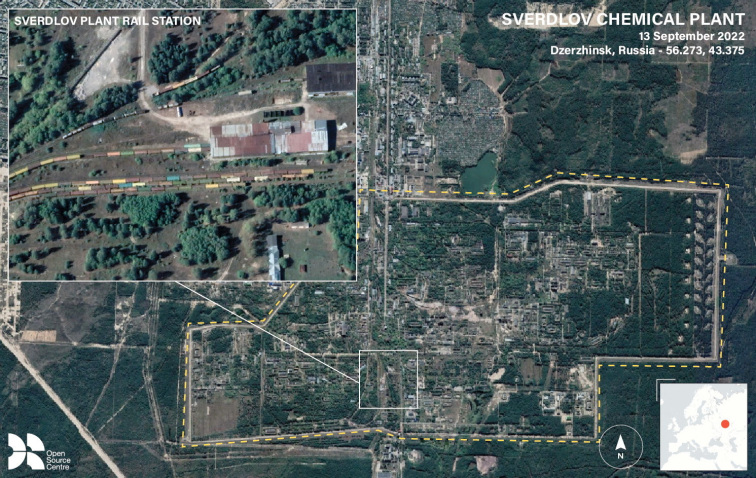

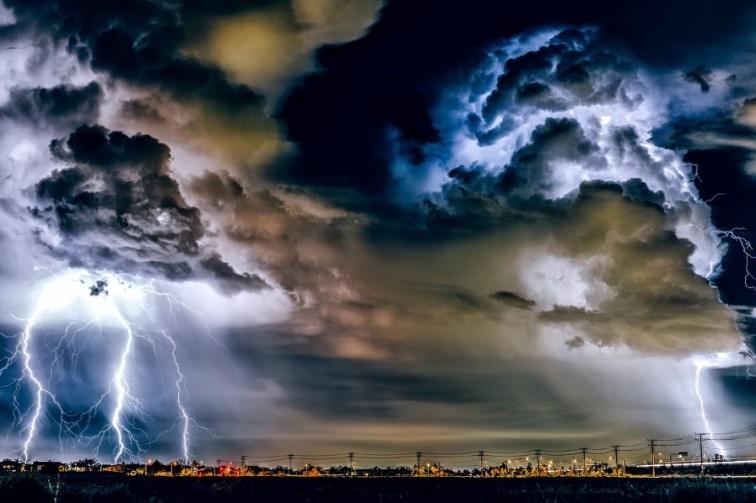

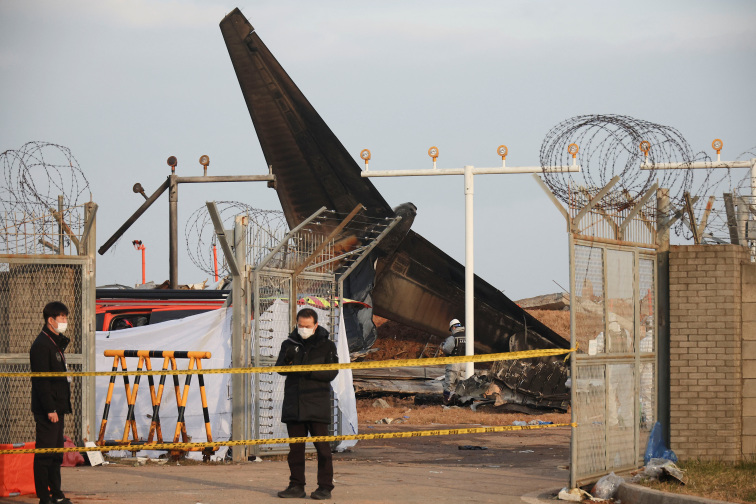
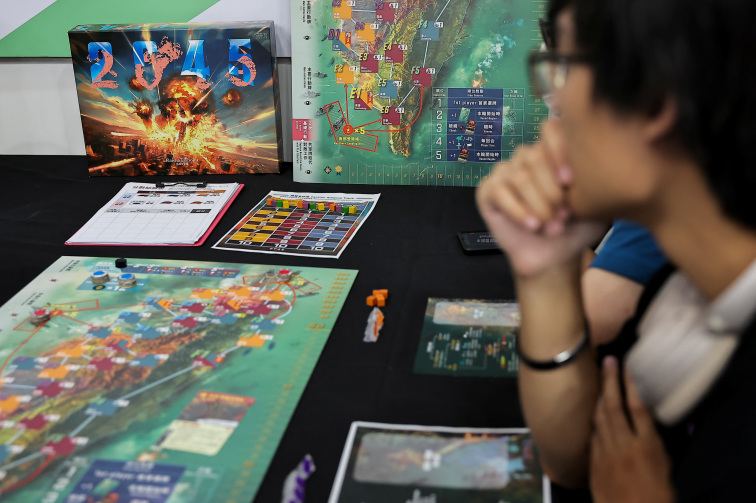
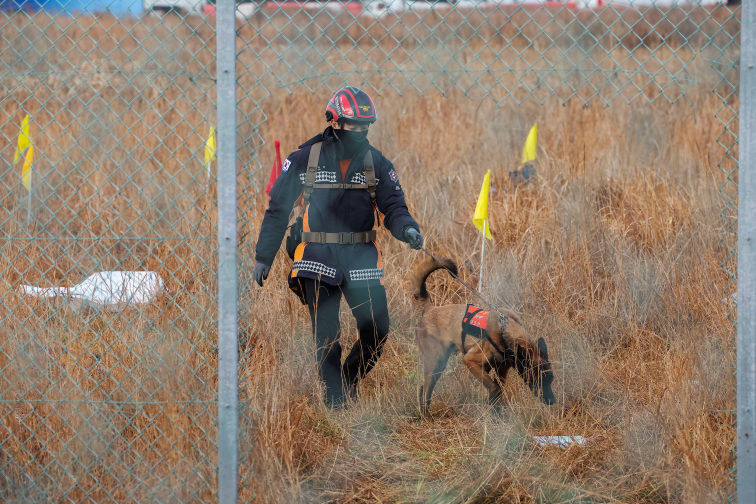

News magazine bootstrap themes!
I like this themes, fast loading and look profesional
Thank you Carlos!
You're welcome!
Please support me with give positive rating!
Yes Sure!